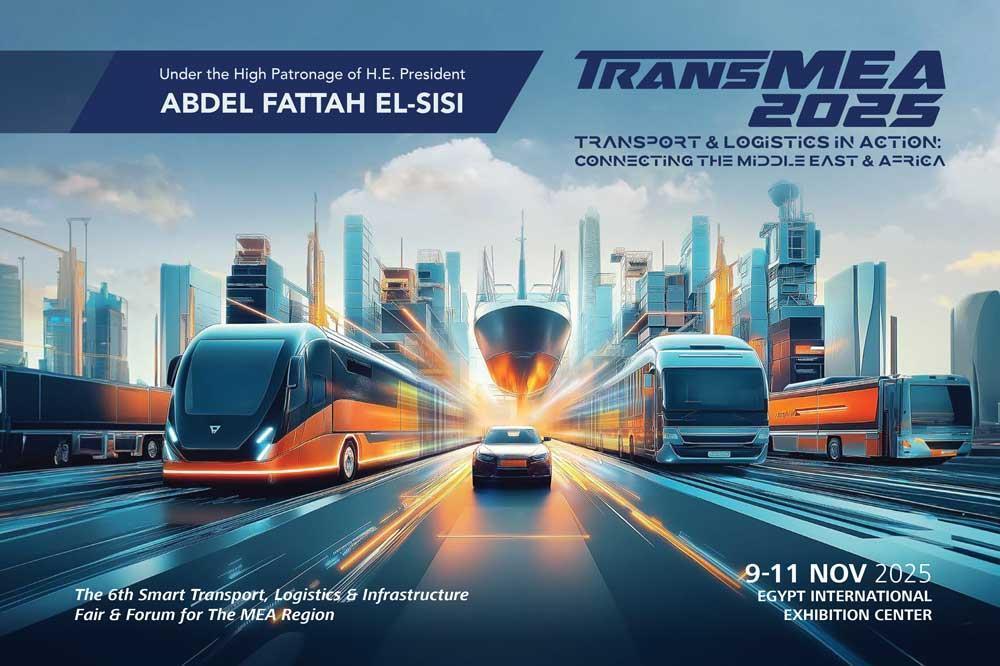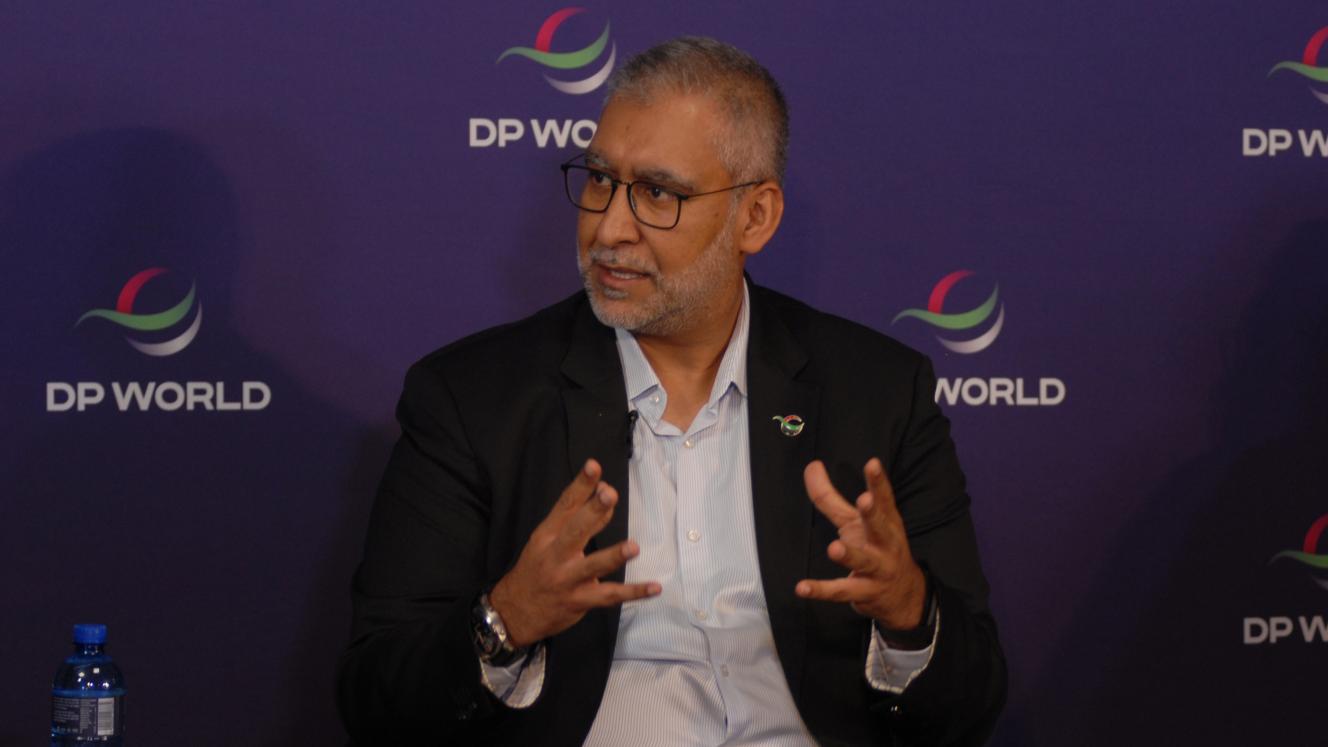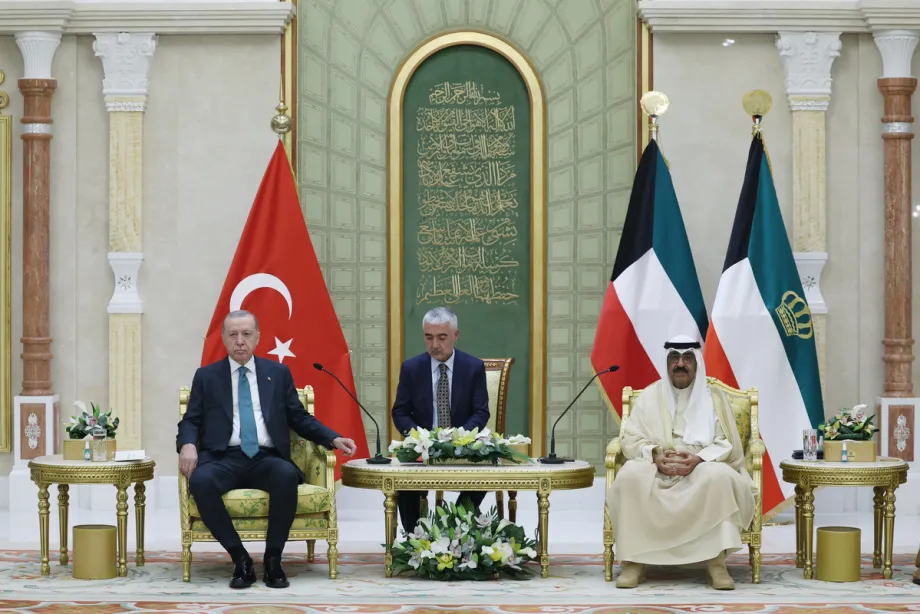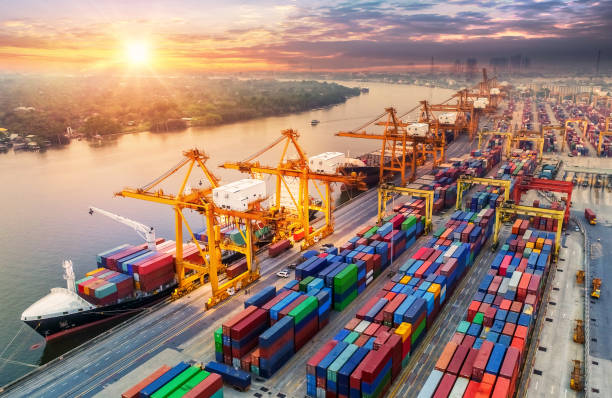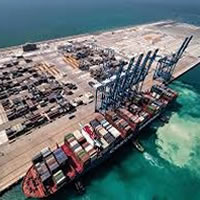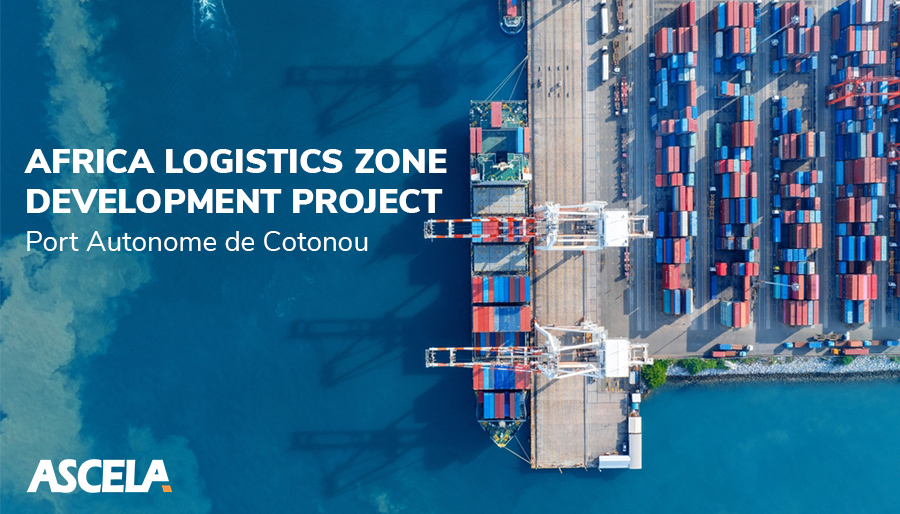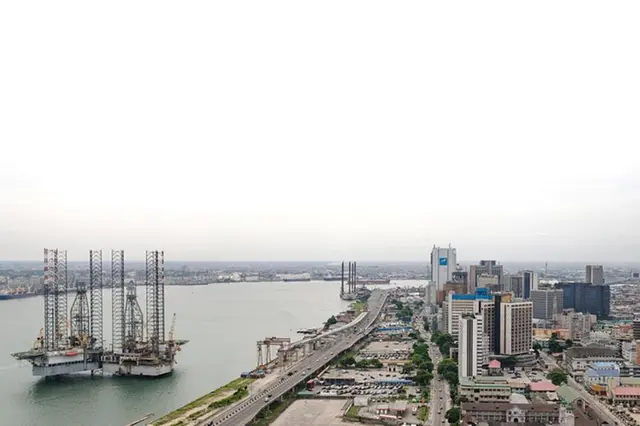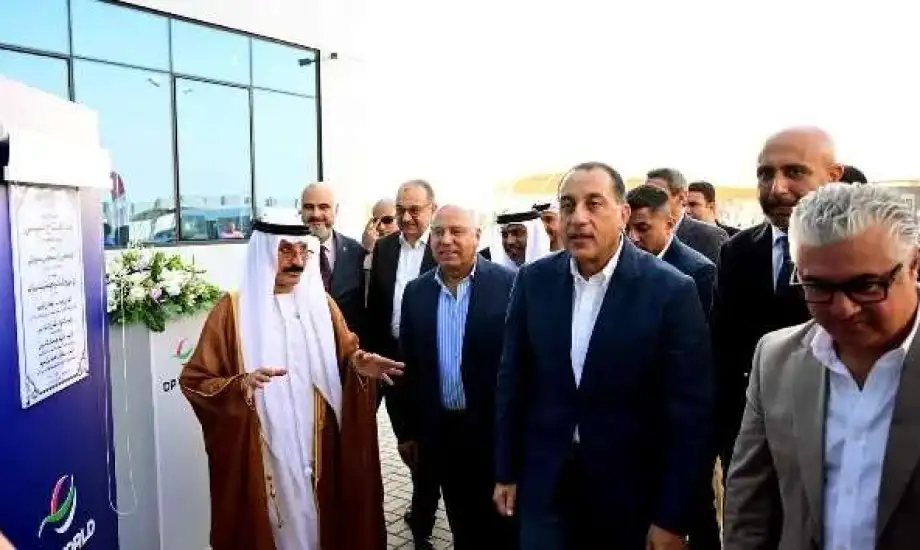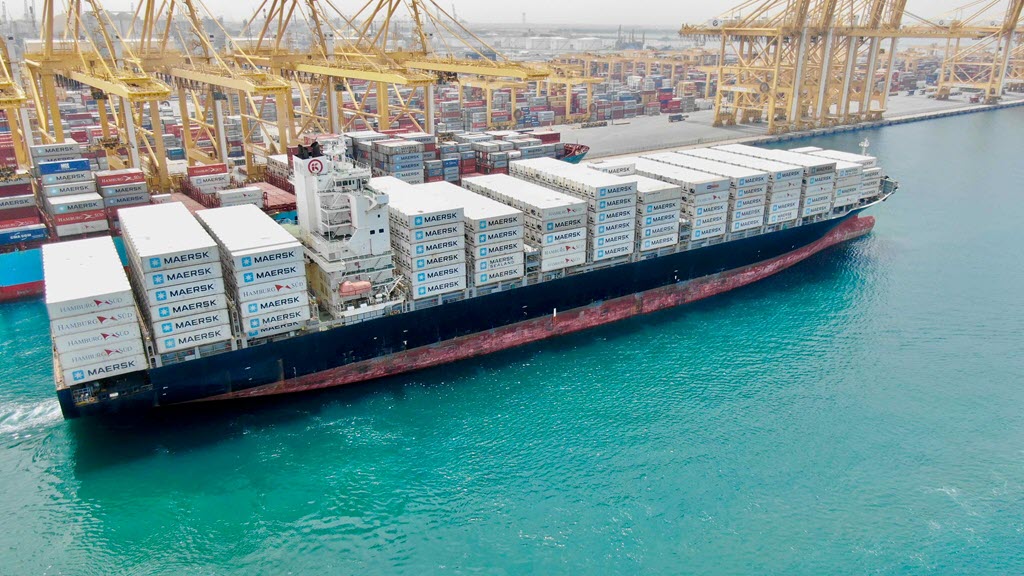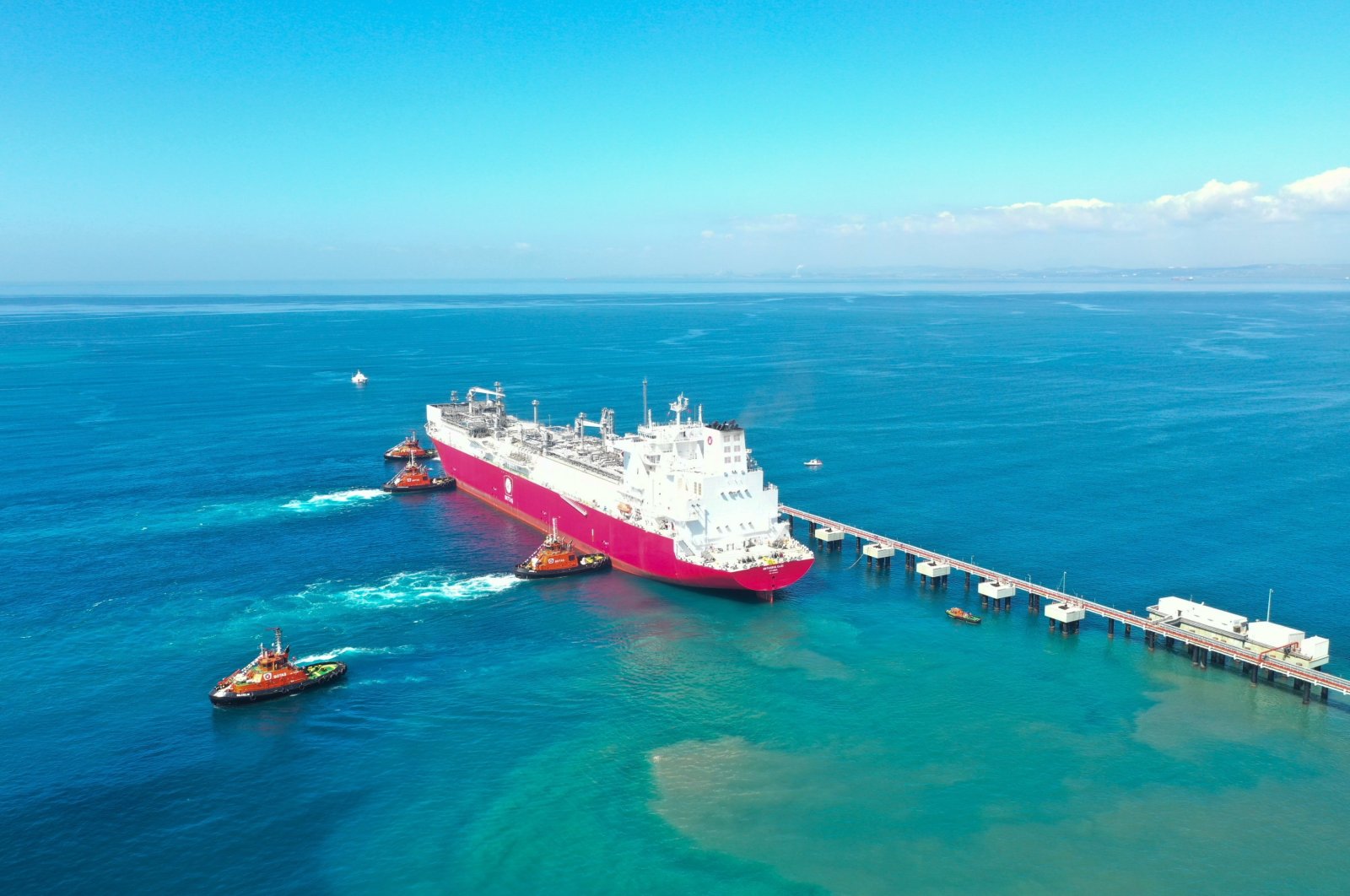Sea

NZF delay extends unlevel playing field for EU ports

The one-year delay to the IMO’s decision on the adoption of its Net Zero Framework (NZF) extends a commercial disadvantage for EU ports in transhipment negotiations, Isabelle Ryckbost, Secretary General European Sea Ports Organisation, told Seatrade Maritime News.
Speaking at WISTA’s AGM and Conference in Barcelona, Ryckbost said that every ship with a European port of call pays a charge for the EU’s Emissions Trading System (ETS).
“Of course, for transshipment ports — and you have quite some transshipment here in the Med — [shipping lines] at a certain point try to do transshipment outside of Europe, and then win a bit with on the long haul from the East to Europe,” said Ryckbost.
Adoption of the NZF at IMO would have established a global levy on greenhouse gas emissions that may have led to shipping’s removal from EU ETS, or parity by some other means.
“We had hoped that in IMO there would be an agreement last week so that we could reduce this gap between EU and global [costs]. It's really a point that we are pushing for at EU level, but unfortunately, there hasn't been an agreement.”
The issue is not just a commercial one, said Ryckbost.
“There is an unlevel playing field. There is a kind of business leakage as business goes away into ports outside the EU, and there will also be carbon leakage. It's not a solution for carbon [emissions], you're not reducing the carbon, you're just moving it. We all know it's a global issue, so we are not solving it,” said Ryckbost.
ESPO’s member ports face further environmental regulation driving the adoption of on-shore power supply (OPS), a requirement that will not be possible to meet without public funding, according to Ryckbost.
“It's a very costly investment and the benefit from operating it will never pay for the capex, so we need public funding… There has been public funding at European level, and there will still be some coming, but until 2027, what I hear is that the budget envelope is almost empty,” said Ryckbost.
Some ports have further support from national governments, but the availability of funds is dependent on both the member state and who is responsible for paying for the investment. It can be the port authority, terminal operator, or both, said Ryckbost.
With a tight funding environment, ESPO has been pleading for the biggest cruise terminals and ferry terminals to be prioritised for investment to maximise environmental impact, said Ryckbost. “It's very important that if the infrastructure is there, it's being used, because otherwise it's a waste of money.”



